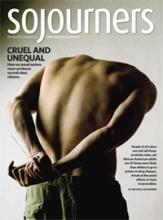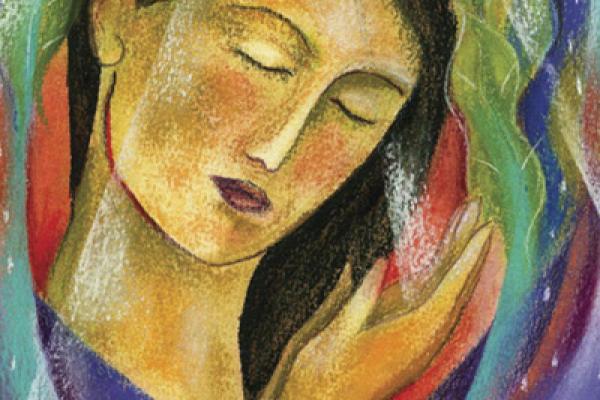What does it mean to have a vocation? Is a vocation a job, a career, a way of life? Have you asked yourself -- at 20, 40, 60, or 80 -- what am I going to do with the rest of my life? You are not alone. Understanding vocation is key to living a meaningful life, to embracing the "abundance" that Jesus offers.
Like so many of my peers in the mid-1960s, I was married immediately after graduating from college. I worked as a physicist for the U.S. Navy, then spent two years on Guam while my husband served his required time in the Air Force. We then returned to the U.S., to suburbia. We were settling in for the long haul with a growing family. My vocation was clear.
I couldn't know how radically it would change in the years to come.
One of the most powerful and disturbing experiences of my life was realizing that I could neither see nor hear the word of God as long as our family's life was isolated from the broken reality that shaped the experience of the majority of people in the world. The long, long journey toward a simpler lifestyle with more direct connections to people living on the margins in our own country and around the world is very far from finished for me. I suspect it never will be.
The steps I took with my family -- especially from suburbia to an organic farm, where we could experience the kind of work for survival and right relationship with the rest of creation that shape the lives of so many of the world’s poor; and from the farm to Assisi Community in Washington, D.C., where inner-city poverty and violence were woven into the fabric of our lives -- were vital, but I know there will be many more steps necessary in the future. Over and over again, people like me who come from an affluent world have to relocate ourselves in relationship to the poor. On the way, I believe, the rhythm of God’s call will become more and more clear.
Read the Full Article

